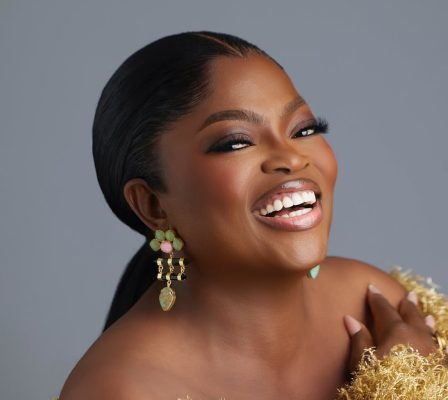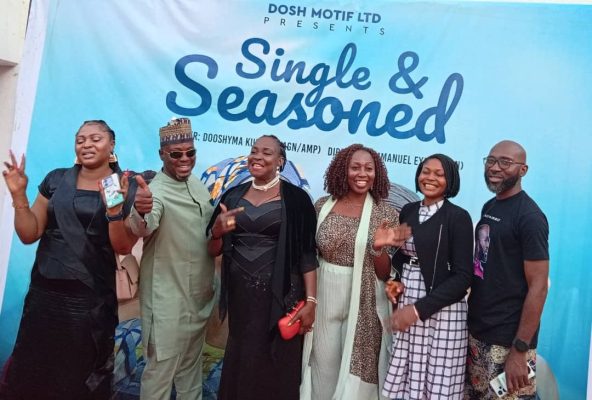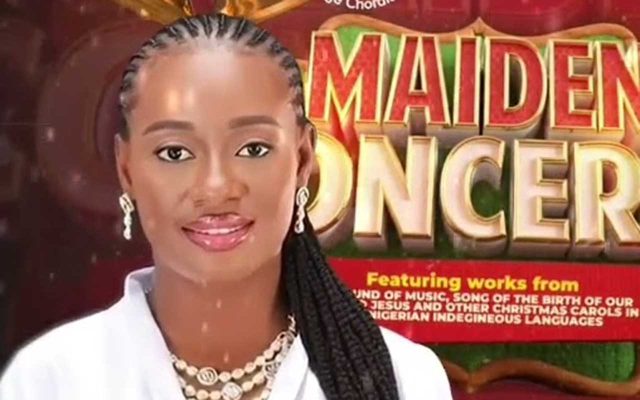At just 24, First Klaz is bridging the past and future of Afrobeats with his unique fusion of traditional Nigerian sounds and modern Gen-Z vibes, making him one of the most exciting artists to watch.
Justice Esla might be a zoomer, but he’s undeniably one of the most talented 24-year-old fusionists bridging the past and future of Afrobeats with his music.
Otherwise known as First Klaz, the Abuja-based musician gained significant momentum earlier this year with his Gen-Z Fuji record and its sequel featuring Terry Apala. Earlier in the year, his Joeboy-assisted Gen-Z Faaji and the follow-up Gen-Z Arewa with the Abuja-based elderly group, Iliya Entertainment Music, had cemented his vibrancy within the Afrobeats scene as one to watch.
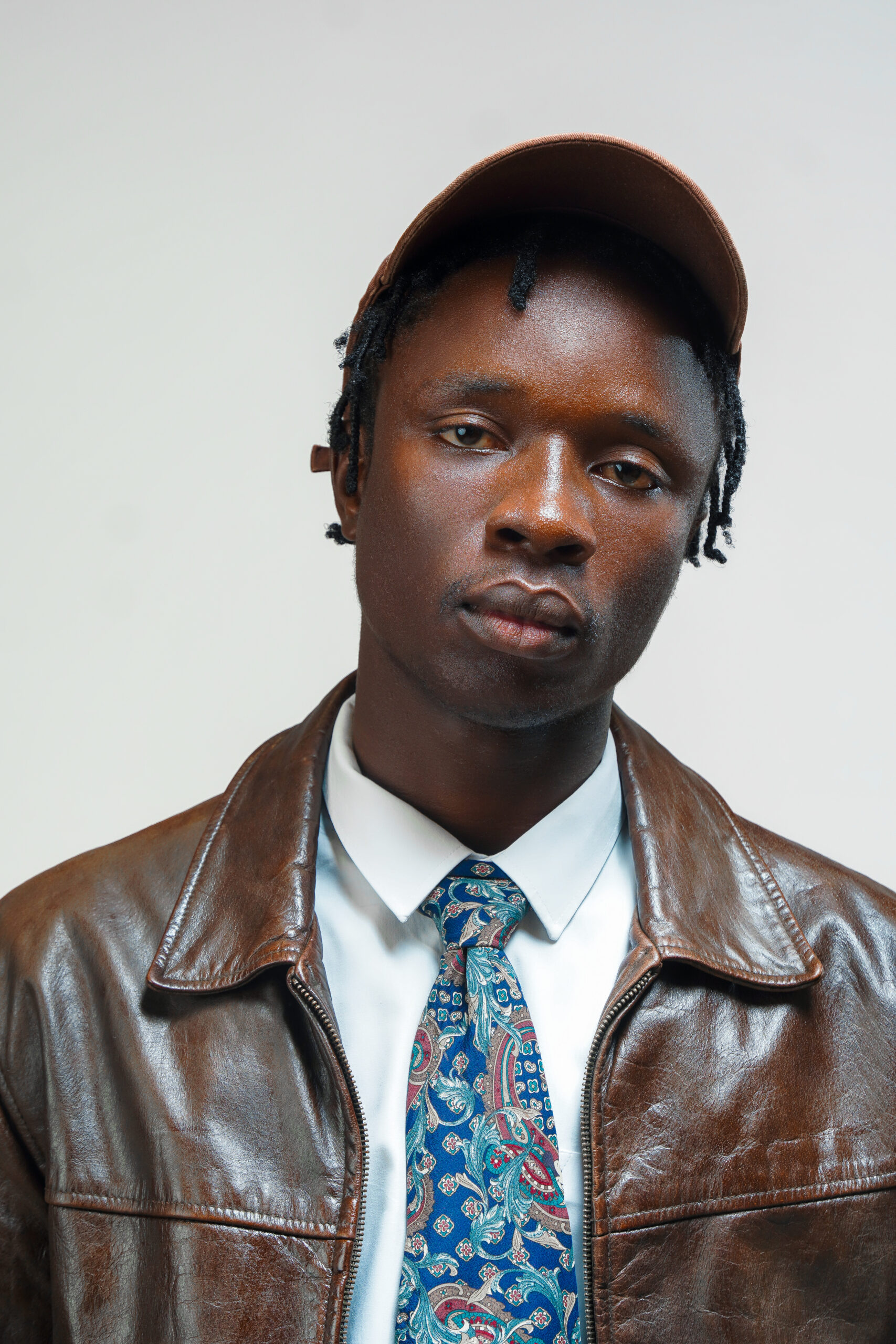
First Klaz is pursuing an expression woven with nostalgia and Nigerian culture. His iconic duet with the Iliya veteran boyband, with their mesmerising use of traditional Hausa musical instruments like the kalangu (talking drum) and the Goje (two-stringed guitar), along with rich folk-leaning vocals, brought him into the spotlight. But it’s his ability to find a fulcrum among all his fusions to showcase his breezy pop alto and storytelling that has made him a vibrant voice among other contemporaries championing indigenous fusions in African pop.
Despite earning the nickname ‘First Class’ from his schoolmates for his intelligence, First Klaz prioritised his musical ambitions, chasing a dream he had nurtured since childhood. Debuting around 2021, he kept fine-tuning his R&B and pop chemistry on earlier releases like Tonight, Sliders, and the Odumodublvck-assisted Show Them. With his recent breakout releases and the numerous co-signs from superstar contemporaries including Olamide, Mr Eazi, and many others, it’s been a stealthy rise for First Klaz so far.
READ ALSO:“Music Is My Love Language” – A Conversation with Relish
Amidst his ongoing countrywide tour, the young musician sits down with Guardian Music, ushering us into his musical adventure where he strives to unite the country and showcase its indigenous music with every release. He peels back the layers of his daring come-up, his creative process working with Nigeria’s elderly group Iliya Music, and his mission to spotlight the music and culture of the North and other minority groups in his art.
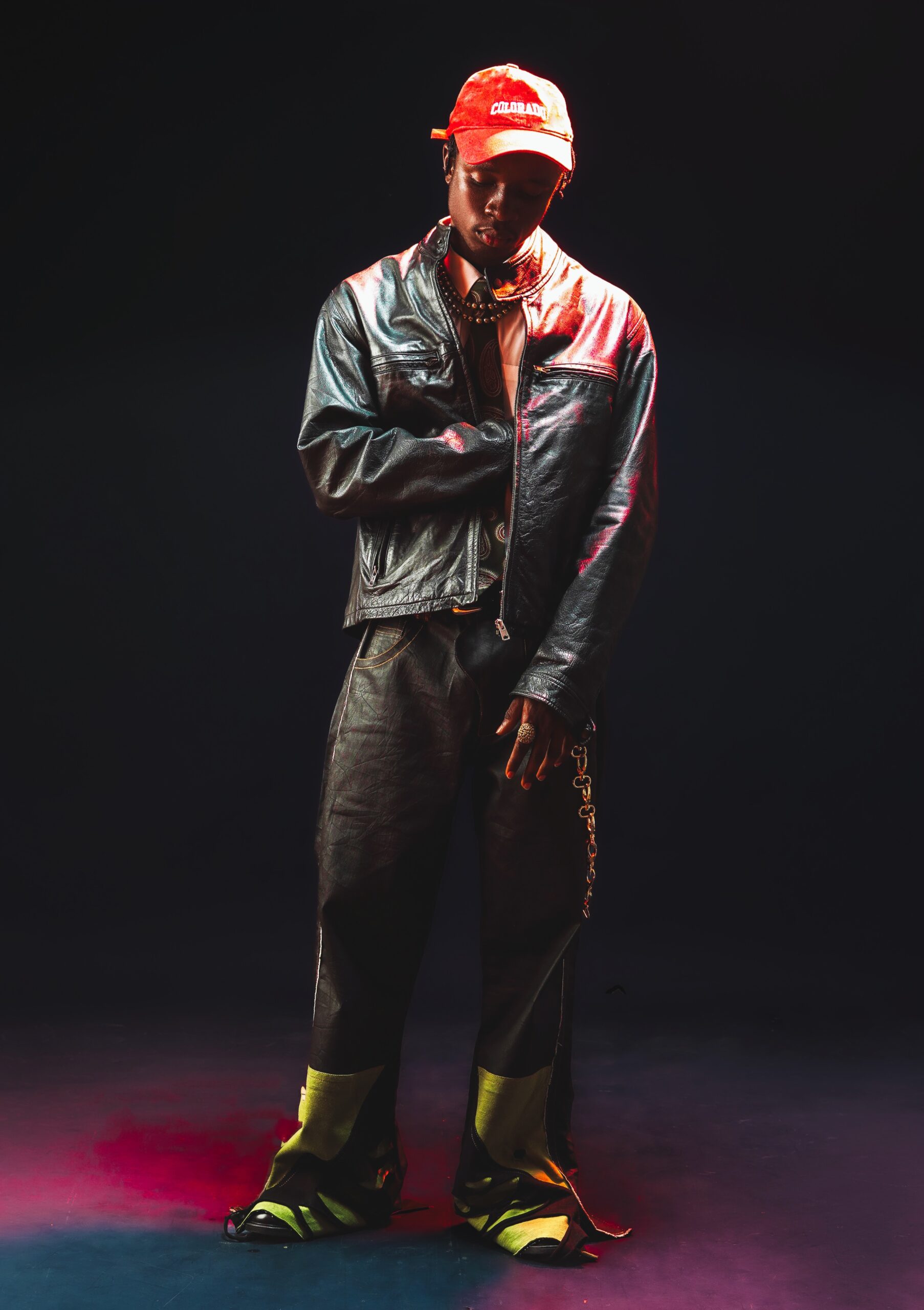
How do you feel about being viral right now?
I feel blessed because it’s so crazy when you create something alone in a space where it’s just you and the producer, and then thousands of people love that same thing you did. So, I feel blessed.
When did you discover your musical talent?
I used to be in the church choir since I was five years old. My dad forced all of us—me and my siblings—to join the church choir. But then I wasn’t serious about it; I just loved playing. So my mind wasn’t really there. Subconsciously, though, I was absorbing what they were teaching. When I got to 13 or 14 years old, I started paying more attention. Then I went to a boarding school. I joined the church choir there and started learning the basics, like parting a song into a soprano.
I feel like everything I was listening to subconsciously just came to me. Then, nobody actually taught me those things. If I’m singing as a lead vocalist and need to back up someone or do harmonies, I’ll be able to do that because of what I heard in the children’s choir. So I started putting out music then, but it was just to promote to my friends on WhatsApp. But in 2019, I felt I needed to take this to the next level and get serious with it. I told my friends and some of them supported me, and that’s how we got here.
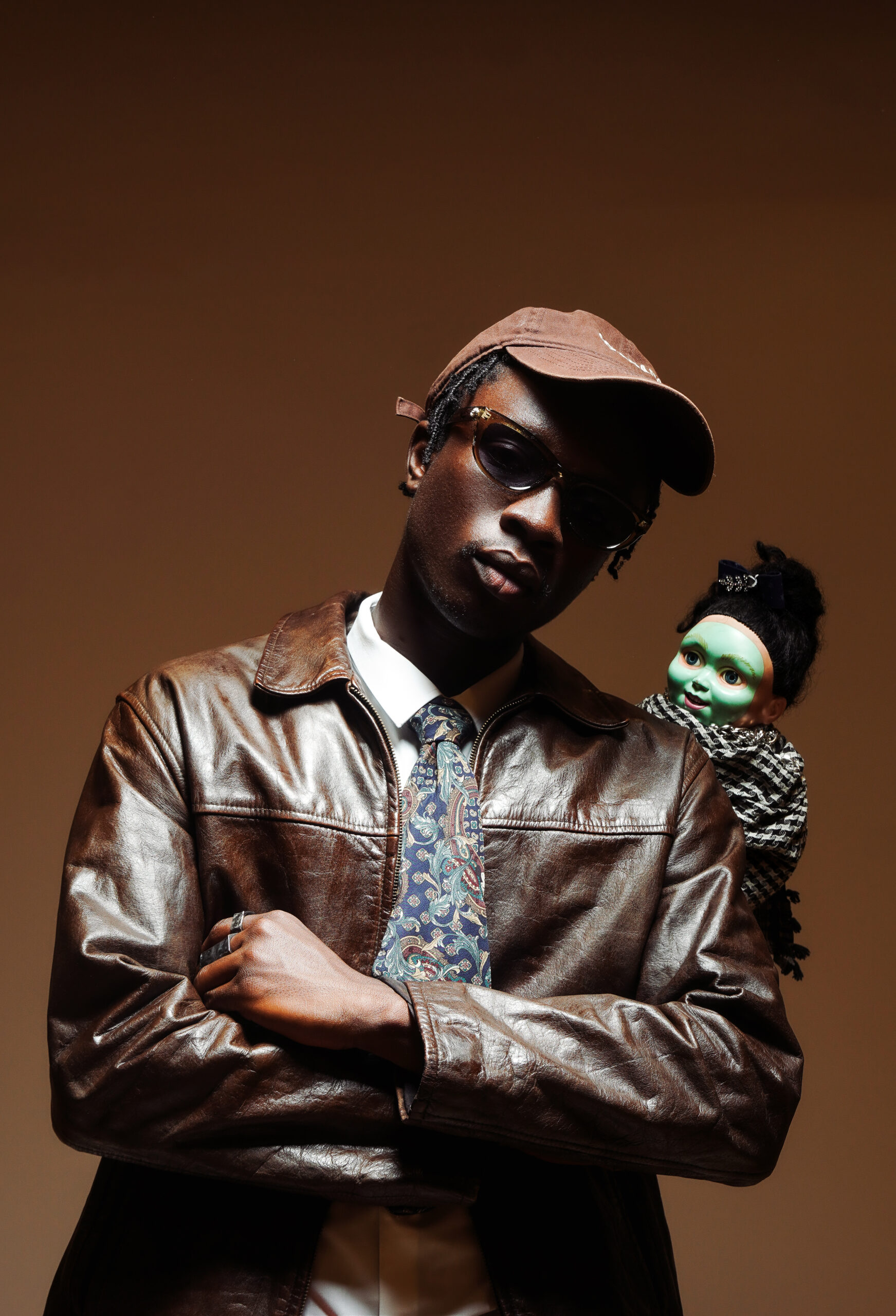
Who were your earliest music influences?
I was listening to a whole lot of artists. I didn’t want to be boxed into a particular sound. I was listening to Bob Marley, Freddie Mercury, Burna Boy, Wizkid, Marvin Gaye, Angélique Kidjo, and Fela Kuti, to name a few. It’s a long list.
Tell us about your Gen-Z Arewa viral hit and the inspiration behind it
I feel the North is not well recognised when it comes to showcasing talent, and not just in music. When someone is exceptionally good, even to the point of being recognised overseas, it’s usually someone from the South or East. You hardly ever see someone from the North getting that kind of recognition. There are great talents from the North, but they are few.
So, whenever I try to do something, I check what’s been neglected—the sound from the North that’s not being represented in the mainstream. When I got the sound, I was like, “Yo, I need to do something that will make this sound mainstream.”
I didn’t speak too much outside of it, because I want people to understand what I’m saying whenever they play the song, even in places like Ibadan. My main goal was to take the sound beyond the North. So that’s why I did what I did with the melodies and lyrics of the song.
READ ALSO: Wizkid dominates Apple Music charts with five bangers in Top Songs
How did you meet the Iliya music group?
When I first met them, I didn’t really know them. It was just about what they were playing—I vibed with it. Then, when we went back to the studio, I wanted to turn it into a main song. I made a short video of the session and it got almost 3000 comments.
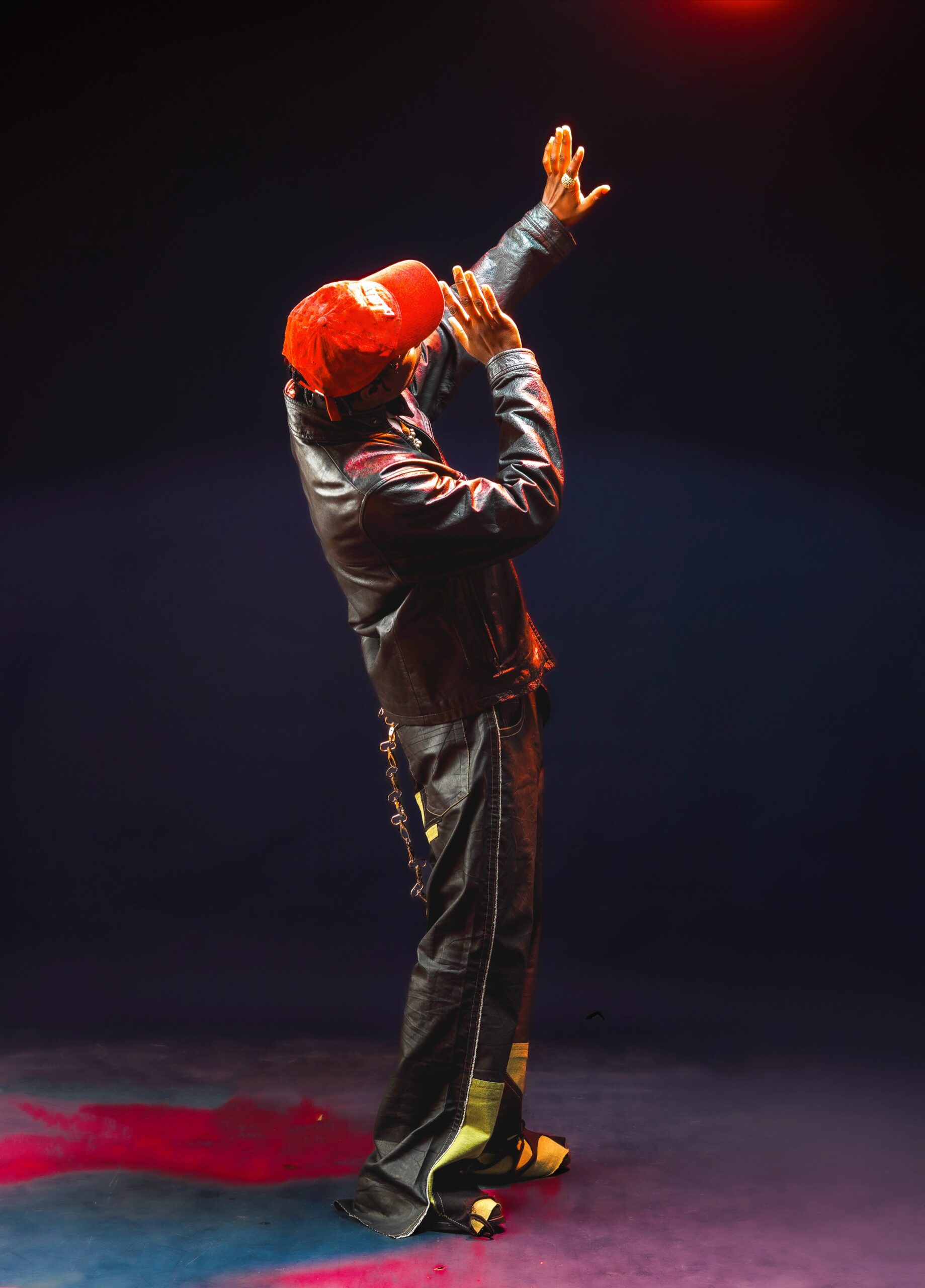
The instrument they were using, called the goje, is a traditional instrument that doesn’t have tunable notes, like a guitar. It’s just two strings, so what they could play was limited. We had to listen to it over and over to create chord progressions for the melodies.
It took us almost four days to get that. Right now, we’re still experimenting with that sound. I just want them to play new stuff. We’re going to tap into it again and create new progressions around it.
What is the core messaging in your music?
At this point in my life, everything I’m feeling right now is a nostalgic vibe—stuff from the 2013 era. However, my lyrics and melodies are stories that this generation can resonate with. That’s why you see ‘Gen Z’ in the titles of the songs.
How did you get the moniker First Klaz?
Back in school, I used to be book-smart, so my friends just started calling me that name. But I’m now music-smart.
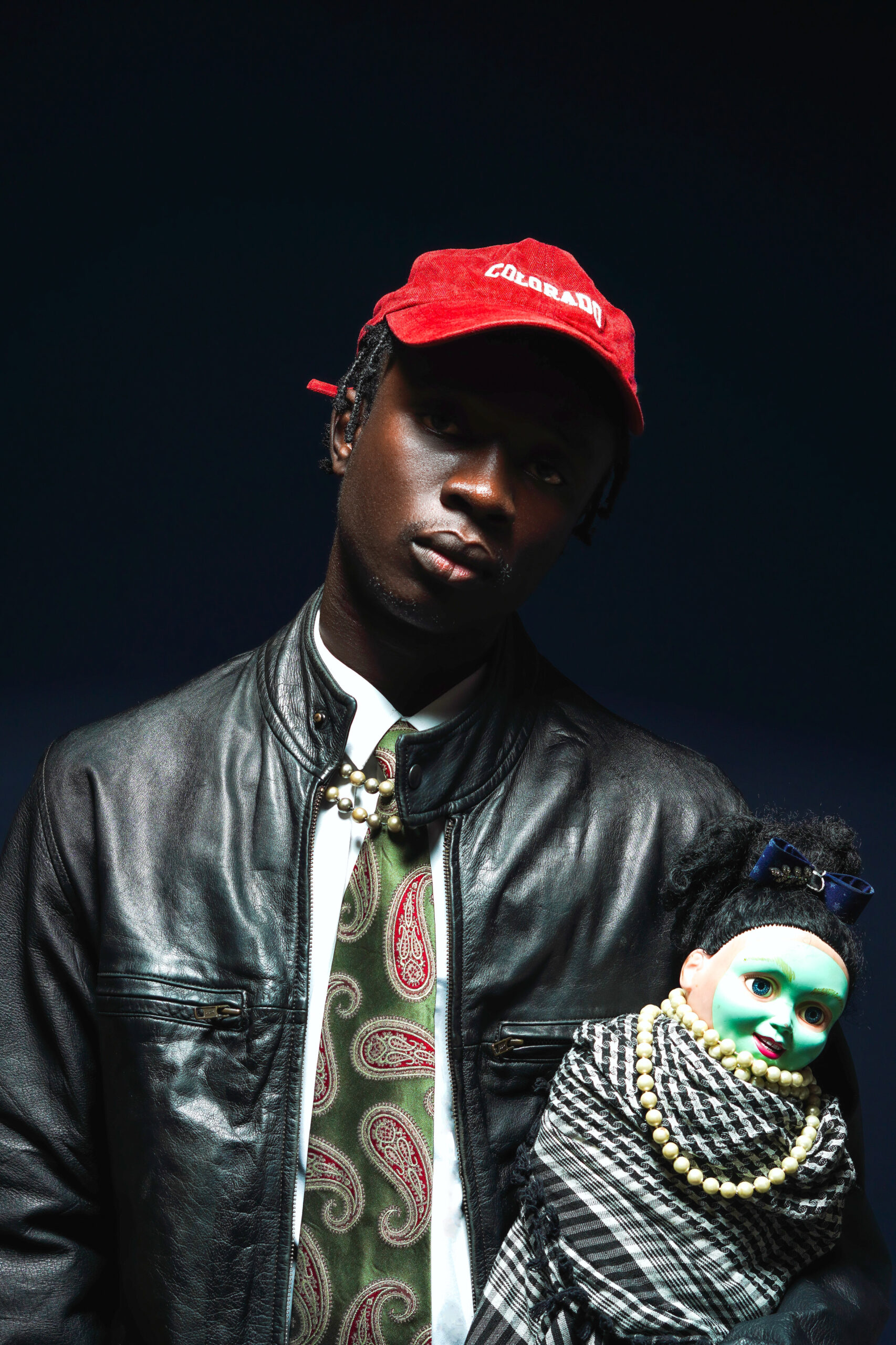
Did you ever try a corporate job?
Corporate job? Nah. When I finished university, I closed the chapter on my certificate and quit. I gave it to my parents and pursued my passion. Because even when I was in school, I was already chasing music. I had bad grades then because I sacrificed everything for music. I missed tests and even an exam because of my commitment to music. So from there, I just knew that a corporate job was not for me.
How do your parents feel about your music career now?
I had to work so hard to convince them. From the onset, they were sceptical because I started in the church choir and then switched to secular music. So it was hard for them to support me. It wasn’t that they didn’t love me—they just wanted the best for me. But I worked hard to prove myself. That was another driving force for me because I needed to convince them.
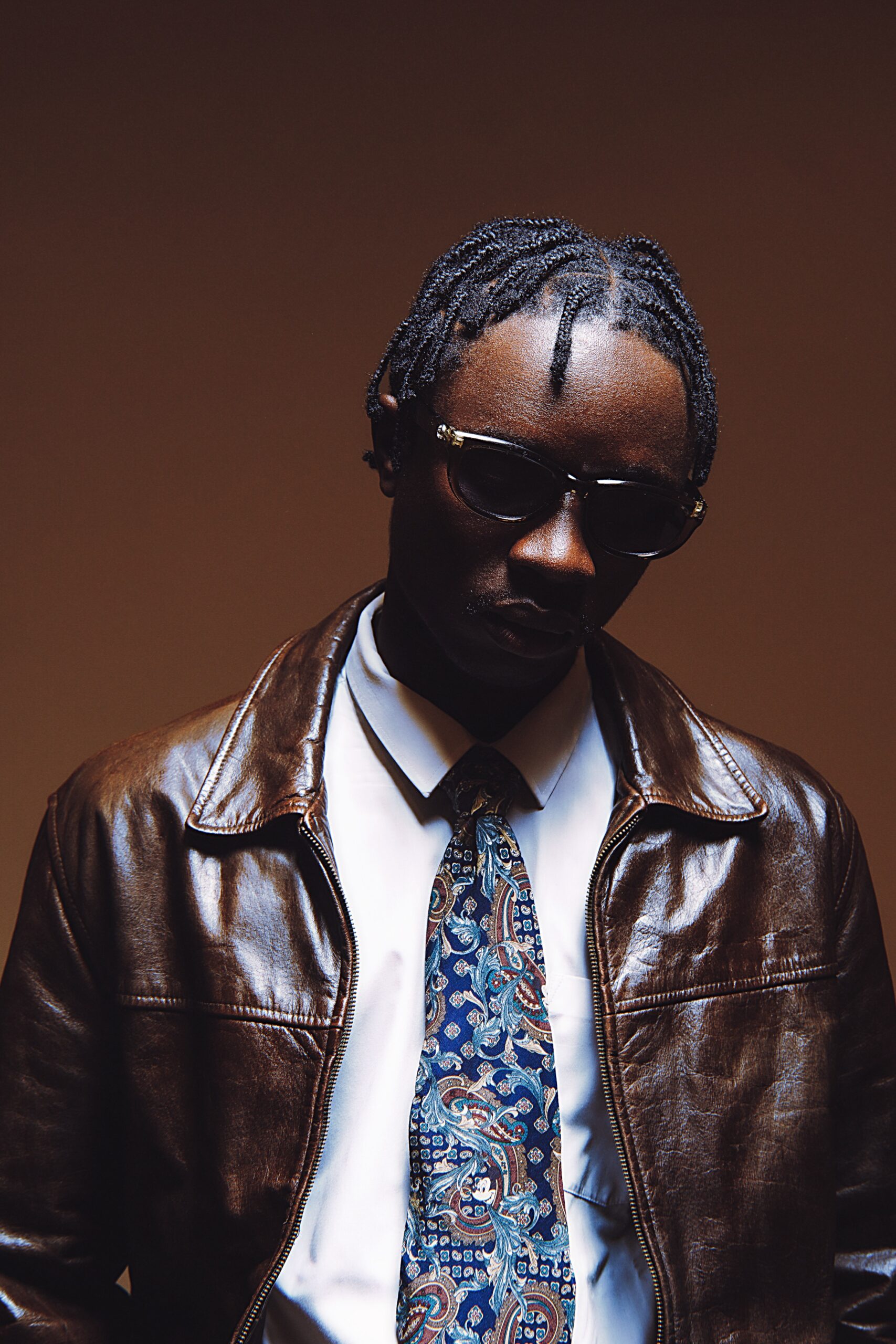
Tell us some highlights from your ongoing tour
I’ve been to Port Harcourt, Abuja, Jos, Kaduna, and Badagry. I love the cities—the weather, everything. But the performance in Kaduna stood out. The band, the sound, everything was on point. There’s one city in Nigeria I really want to visit—Maiduguri. We are going to Minna next, then Benin and other parts like Kogi.
What do you do when you aren’t making music?
I’m a very boring guy, to be honest. I don’t know how to play games. I don’t watch football like most guys do. I read books and watch movies—mostly music-related ones. I also like painting, and I do gymnastics a lot.
READ ALSO: Kizz Daniel announces break from music
Finally, what is the vision for First Klaz?
I’ve always wanted to be a global superstar, and I’m going to get that. That’s why I don’t limit myself to just a particular genre of music because people around the world might not resonate with it. I listen to a wide range of music because I want to become a global superstar.

